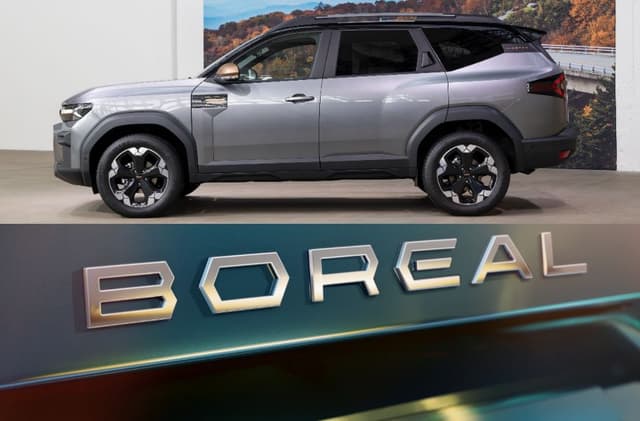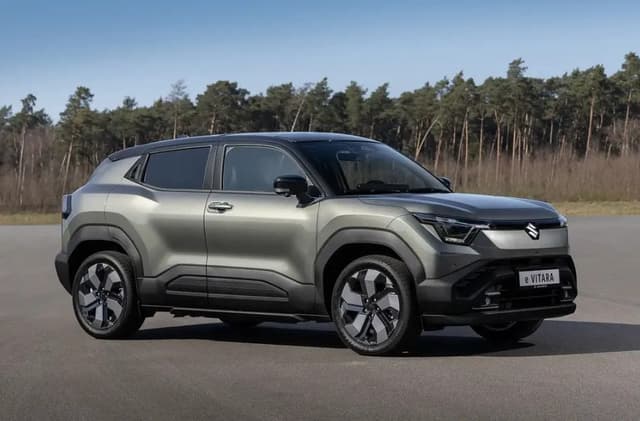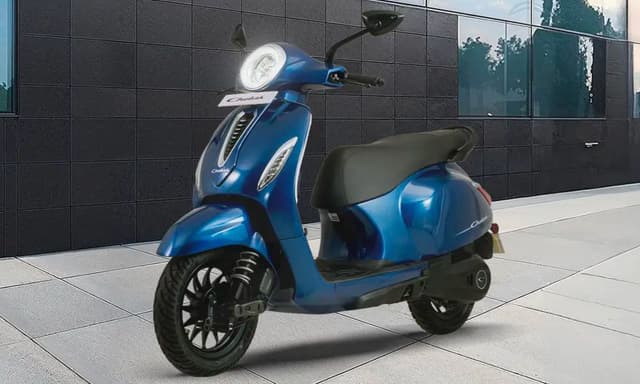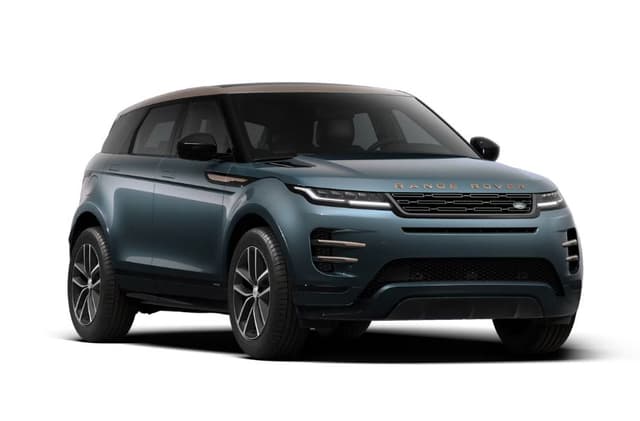EV Battery Production Faces Supply Chain, Geopolitical Headwinds: Report

Highlights
A fragile supply chain marred by geopolitical tensions could hit the planned expansion of electric vehicle (EV) battery production, slowing EV adoption, S&P Global Mobility warned in a report on Monday.
The auto industry information provider said original equipment manufacturers' battery-electric and hybrid vehicle sales aspirations will face strong headwinds as they scramble for raw materials, with annual market demand for lithium-ion batteries pegged at about 3.4 Terawatt hours (TWh) by 2030.
S&P Global Mobility also said soaring prices of critical battery metals threaten the profit margins of suppliers and automakers, with issues around the production of these metals boosting prices for components and vehicles.
"Elements such as lithium, nickel, and cobalt do not just magically appear and transform into EV batteries and other components," said Graham Evans, director of auto supply Chain & technology at S&P Global Mobility.
The intermediate steps between the excavation of elements and final assembly are a particular choke point, he added.
Reuters reported earlier this month, the world's top automakers plan to spend nearly $1.2 trillion through 2030 to develop and produce millions of electric vehicles, along with the batteries and raw materials.
"Achieving its volume goals will require a steep growth curve for a burgeoning industry," the report said.
EV leader Tesla Inc will need about 139,000 metric tons of nickel in 2030, the most required by any vehicle brand.
Related Articles
Latest News
- Home
- News
- Electric Mobility
- EV Battery Production Faces Supply Chain, Geopolitical Headwinds: Report













